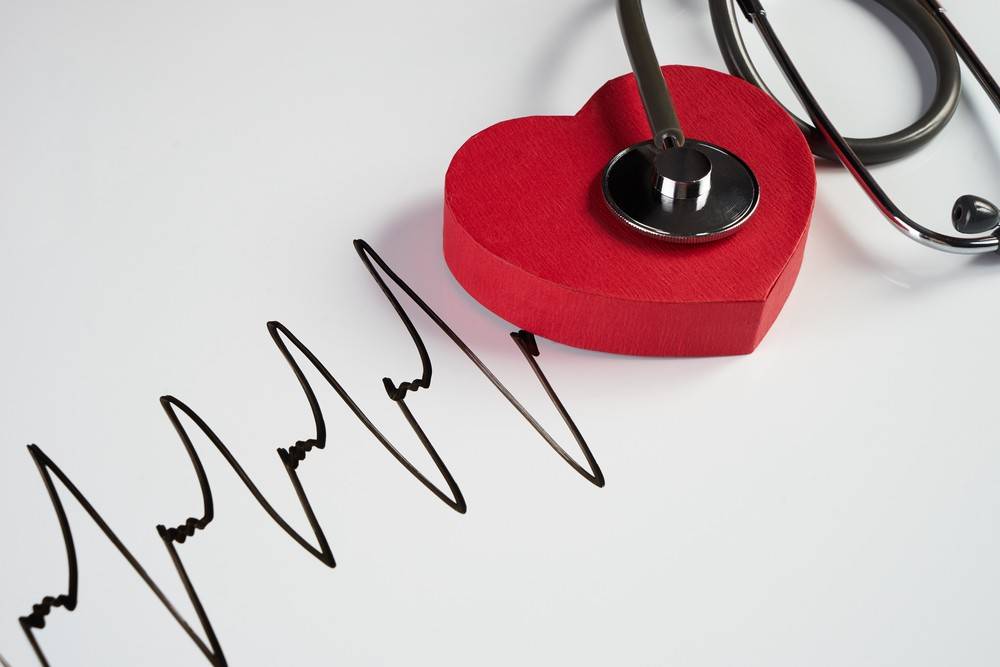Your heart is, quite obviously, a critical organ for the proper functioning of your body and your vitality. That’s why it is so important to keep it healthy and pay close attention to it. If you don’t, it is very possible to miss important signs that one of your main critical organs may be going through a crisis or deteriorating. One common condition that affects the heart is known as heart arrhythmia. A heart arrhythmia occurs any time that someone has an irregular heartbeat. They may occur in very short cycles but can also become a very long-lasting condition if not treated appropriately. People who are suffering from heart arrhythmias can also suffer from a variety of different types of heartbeat irregularities; there are just so many different ways the heart can beat in an abnormal way. If a heart arrhythmia occurs, it can often be a sign of another underlying problem with the heart. Below, we will delve more deeply into what causes heart arrhythmias.
What is a heart arrhythmia?
A heart arrhythmia happens whenever someone has an irregular heartbeat. An irregular heartbeat is a state when the heart is either beating too fast, too slowly, too early, or just irregularly (in general). A person experiencing a heart arrhythmia will most likely feel as if their heart is fluttering or racing at high speeds.
Most heart arrhythmias are quite harmless. It is quite rare for a healthy person to suffer from long-term heart arrhythmia symptoms unless they are caused by an external factor. These factors can include alcohol abuse, drug-induced episodes or even electrical shock. While most heart arrhythmias are quite benign, if you or a loved one is prone to experiencing irregular heartbeats, please get checked by a qualified medical professional. They can be a sign of another more serious underlying problem that you will want to get checked and treated as soon as possible. This is especially true if they seem abnormal, more frequent in occurrence or if you have an already weakened or previously damaged heart (from a heart attack or other medical condition).
Heart arrhythmias can be broken down into four different groups
These groups include:
- Tachycardia: This arrhythmia is characterized by an overly rapid heartbeat
- Bradycardia: This arrhythmia is characterized by an extremely slow heartbeat
- Fibrillation (also known as fluttering): This arrhythmia is characterized by an irregular heartbeat
- Premature contraction: This arrhythmia is characterized by an early heartbeat
What causes heart arrhythmias?
A heart arrhythmia is a troublesome state of the heart that occurs when the electrical impulses (traveling through your nervous system) that coordinate the heartbeats are not working properly. There are a number of conditions or factors that could obstruct or confuse the electrical impulses that control the heartbeat. These medical factors include the following:
- Structural changes to the heart as a result of surgeries or other medical conditions
- Scars within the heart due to previous heart attacks
- Any type of heart disease
- Diabetes
- Hypertension (high blood pressure)
- Alcohol abuse
- Drug abuse
- Smoking cigarettes or other forms of tobacco
- Mental stress
- Hyperthyroidism is caused by an overactive thyroid
- Over-drinking of coffee or other caffeine products
- Side effects from medications
- Side effects from dietary supplements or herbal treatments
A typically healthy person will usually have a heartbeat within 60-100 beats per minute. If you find yourself consistently out of this range or are suffering from an irregular heartbeat of any form, please contact us at Fix24 Joint Biomechanics as soon as possible. We can help diagnose you with any medical condition you might be suffering from.



